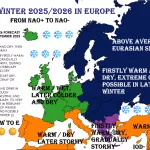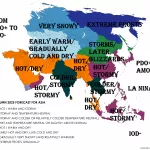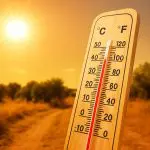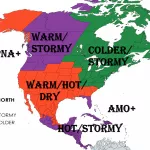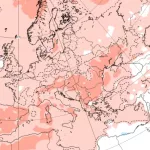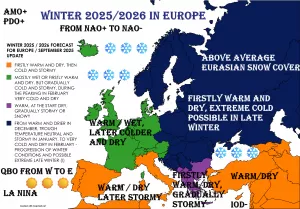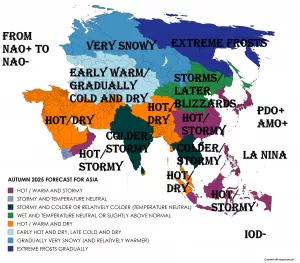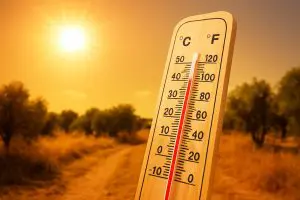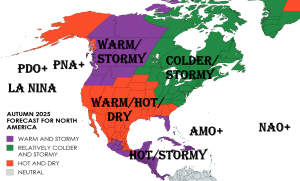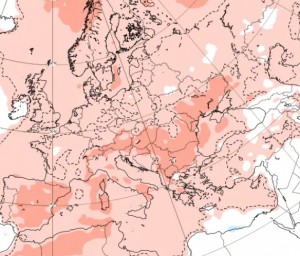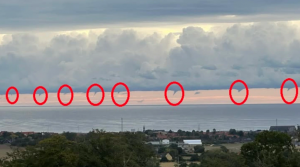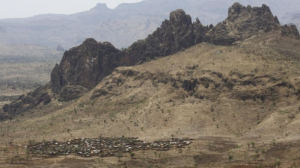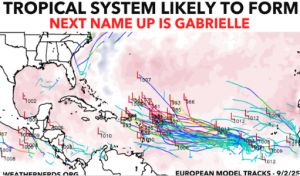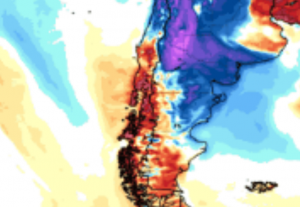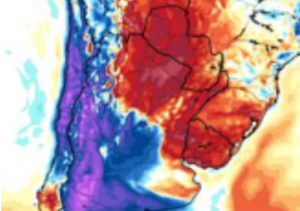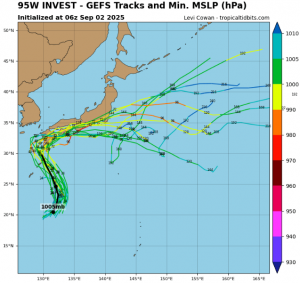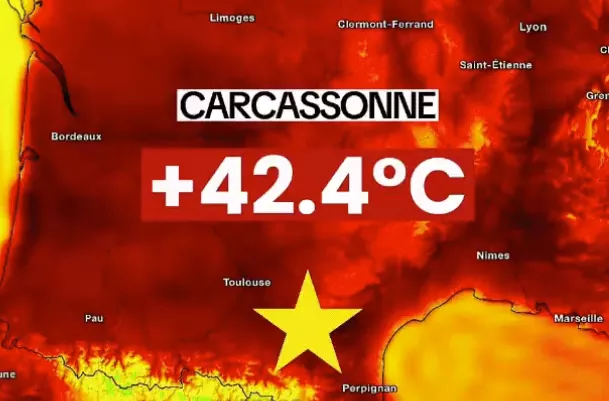
France has just endured one of the most intense and unprecedented heatwaves in its modern climate history.
In Carcassonne, the mercury reached 42.4 °C on both Monday and Tuesday — a milestone never before observed since the station opened in 1948. This marks the first time in history that Carcassonne has experienced two consecutive days at or above 42 °C. Even during the infamous heatwaves of 2003 and 2023, such prolonged extreme heat had not occurred.
In Bordeaux, the situation was equally extraordinary. On Tuesday, the city recorded 41.6 °C (107 °F), the hottest day on record since data collection began in 1920. This surpassed all previous extremes and set a new all-time high, underlining the severity of the ongoing European heat crisis.
The Météo-France red-level extreme heat warnings remain in force for large parts of the southern and southwestern regions of the country, signaling life-threatening conditions and urging residents to take urgent protective measures.
Comparison with past heatwaves:
- 2003 heatwave: Notable for mortality and duration, but Carcassonne’s maximum was lower.
- 2023 heatwave: Intense but lacked this year’s multi-day +42 °C sequence.
- 2025 heatwave: Combines extreme peak temperatures with sustained multi-day intensity.
The European context (12. August 2025)
This exceptional heat is part of a wider continental heatwave stretching from the Iberian Peninsula to central Europe.
- Spain registered 45.5 °C — among the highest August values in its history.
- Portugal reached 44.6 °C, scorching much of its interior.
- France’s national daily maximum peaked at 42.9 °C, with multiple local records broken.
The synoptic setup is driven by a powerful high-pressure system anchored over the western Mediterranean, combined with hot Saharan air advection from North Africa. This combination produces clear skies, subsidence warming, and exceptionally high night-time temperatures, which prevent urban areas from cooling.
Impacts and risks:
- Public health: Increased heat-related illnesses, particularly among the elderly and vulnerable.
- Agriculture: Stress on crops and livestock due to prolonged soil moisture deficits.
- Infrastructure: Risk of rail buckling, road surface damage, and power grid strain.
- Wildfire danger: Elevated to critical levels across southern France, with several active blazes already reported.
Climate change signal:
While meteorologists caution against attributing a single event solely to climate change, the frequency, duration, and intensity of such heatwaves are consistent with projections for a warming Europe. The Mediterranean basin is a recognized climate hotspot, expected to experience faster-than-average warming and more frequent extreme heat events.
As the European summer of 2025 continues, forecasters warn that further extreme episodes are possible before September. The combination of record-breaking temperatures, sustained multi-day heat, and continental-scale reach makes this heatwave a historic event for France and Europe.

Source: https://x.com/GJauseau/status/1955316441109897333

